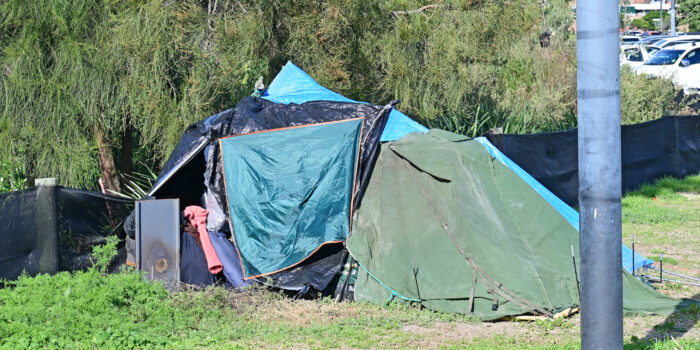More exotic than a Nigerian email scam – but equally extravagant – this story recounted over five days in Brisbane’s supreme court last month, is a magnificent tale of how a top-drawer seller and two of the big four banks, were duped – according to the court’s findings – in arguably one of the most heroic deceptions ever practiced in Queensland property.

But so confident were the sellers, that the sting in the tail didn’t register, until after a two year negotiation and after title to the prize cattle grazing property near Boreen Point, had well and truly changed hands.
Suncoast Pastoral, owned by a local family with extensive property interests, had rejected a similar proposal from the same buyer two years earlier before the onset of the GFC. Second time round in April 2010, it overcame earlier reticence to accept more than half the never-quibbled-with $25mil ask price, in shares in a UK public company parent of the buyer, Coburg Pty Ltd.
The parent, Nexis Holdings Ltd PLC – represented by Slater & Gordon at one point in the transaction – was according to the court, falsely painted by Erwin Filler its chairman and Ray Rahoul its CEO, as a stratospheric innovator in recycling rubbish tip waste into highly sought after home building products.
Offered at €0.85, at a supposed 30% discount to their daily escalating market value – then claimed to be passing through the €2.20 mark on the way to €10 – the share trade seemed just too good an investment opportunity to pass up, even though Nexis required the shares be held in escrow for 12 months after completion.
But that was just the start of the exotic inventory of purchaser specifications.
Coburg persuaded Suncoast – “we will pay your asking price” – to include two luxury Riparian Plaza apartments and an industrial unit at Noosaville. What’s more, the seller agreed to lease the properties back for 5 years at substantial rentals.
The seller also agreed to front half the stamp duty, all the valuation fees and a 3.5% establishment fee for the buyer’s finance broker: all things that are clearly in a buyer’s traditional province to pay.
The cash component to Suncoast was in the end, only $7 mil, with the rest in Nexis shares.
To get the deal done, the seller also agreed at the 11th hour, to allow the buyer’s bank CBA, to retain $900,000 from the sale price pending Coburg providing a bank guarantee to it for that amount.
And there’s more: Suncoast agreed to buy and pay cash for 110,00 further Nexis shares at to join a “share pool” to qualify to sell a small parcel of the trade shares before the expiry of the escrow period, as per a Westpac stipulation concerning substitution of security on the release of its mortgage over the to-be-sold assets.
Perhaps blinded by the potential return, the sellers, “avoided any due diligence as to the value of the shares or of Nexis”. Equally astonishing, their bank Westpac apparently did the same by accepting the script as security for the remaining Suncoast debt.
Settlement happened in December 2010 but soon after it was discovered that Nexis was a small player, its shares were near worthless and there was virtually no “market” in which they could be traded. The share pool was held to be a fraud as was the brokerage fee.
In their defence during the 5 day June trial, Coburg, Nexis, Ray and Filler – by then represented at the bar table by their solicitor – claimed that Suncoast had not relied on its representations, but rather “was clearly motivated by greed”. It knew all along, they claimed, that any proceeds above the cash component of the sale, were entirely speculative.
Regardless of its motivation, the court held that Suncoast had relied on numerous false representations that were likely to mislead or deceive and that the representations were fraudulent.
Exercising powers under the Trade Practice Act, deciding restutio in integrem was possible, the court declared the contracts and leases void ab initio and ordered all properties to be re-conveyed to the seller, albeit subject to the buyer’s mortgage still remaining in favour of CBA. The shares in Nexis were also transferred back.
In addition, Suncoast will also receive $5.5 million in compensation “in the unlikely event that the defendants pay” in damages, for the value of the CBA mortgage and expenses assessed.
Every lawyer and agent with any longevity, knows of a similarly creative scheme that also ended in tears.
What entices the most rational of people to such risk? Perhaps not so silly when you consider – as all the parties were well aware – that the Yalanga valuation came in at only $14 mil (giving a somewhat unrealistic complexion to the contract price) as compared to a pre-GFC valuation of nearly $21 mil.





